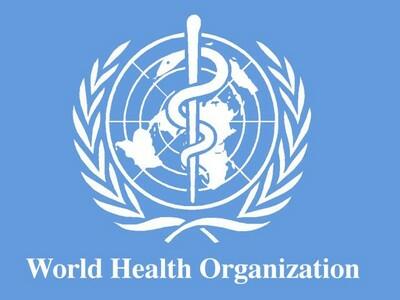
The LSTM Seminar Series continued on Friday with a talk given by Dr Daniel Argaw Dagne of WHO’s Department of Neglected Tropical Diseases and Leishmaniasis Control in Geneva. Dr Argaw Dagne, after being introduced by LSMT Seminar organizer Alvaro Acosta Serrano, started by giving an overview of the global epidemiological situation of the various forms of Leishmaniasis: visceral, cutaneous and mucocutaneous. He highlighted the unique features of the disease, caused by protozoan parasites that belong to the genus Leishmania and that can be transmitted by various vector species from a host of reservoirs.
Dr Argaw Dagne paid specific attention on the elimination programme in the South East Asia Region that has been ongoing since 2005. The programme benefits from a strategic framework being in place, proper monitoring and evaluation tools for programme and insecticide residual spraying; the fact that it is dealing with only one vector in a relatively confined geographical area in 109 districts between India, Bangladesh and Nepal. Implementation of improved vector control, highly efficacious therapeutics such as liposomal Amphotericin B, and scale up of active case detection need to be reinvigorated. The Increased international commitment facilitates the realization of the elimination target in the region.
The epidemiology of visceral Leishmaniasis in East Africa however is facing a whole range of different complexities such as co-infection with HIV; weak health systems; recurrent epidemics and concomitant infection combined with malnutrition and population migration Dr Argaw Dagne paid also attention to the various forms of the disease in the Americas and Eastern Mediterranean Region.
‘The WHO has identified 5 priority research areas’, said Dr Dagne. ‘With the area of research into finding new diagnostics tools being the most important.’ Other foci are on improving treatment; development of vaccines; new tools for vector control and the development of methods for drugs resistance, monitoring and evaluation of treatment outcomes. These should lead to key milestones to be achieved by 2020, the most important being to reduce the annual incidence to less than 1 per 10,000 population in south East Asia and significant reduction in morbidity and mortality in east Africa and other endemic areas. The London Declaration has endorsed the WHO NTD roadmap that lays out the vision for ending the misery caused by neglected tropical diseases, including Visceral Leishmaniasis.